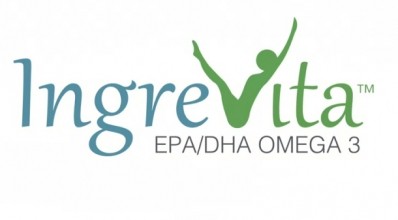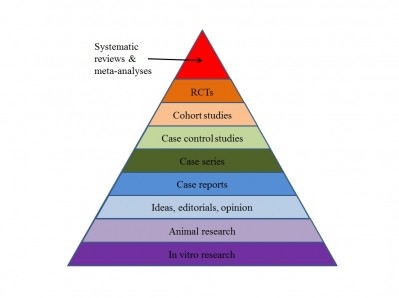DHA-rich canola oil shows significant heart health benefits

The study compared the effects of the DHA-rich canola oil with beverages formulated with conventional canola oil, a blend of corn and safflower oil, a blend of flax and safflower oils, or high–oleic acid canola oil.
The heart health benefits of fish oil, and the omega-3 fatty acids it contains, are well-documented, being first reported in the early 1970s by Dr Jorn Dyerberg and his co-workers in The Lancet and The American Journal of Clinical Nutrition.
To date, the polyunsaturated fatty acids (PUFAs) have been linked to improvements in blood lipid levels, a reduced tendency of thrombosis, blood pressure and heart rate improvements, and improved vascular function.
Scientists from the University of Manitoba, the University of Toronto, Laval University, and Pennsylvania State University now report that the blood pressure reductions observed in the study were a novel finding for a canola oil blend, and attributed these effects to DHA via several potential mechanisms, including an effect on vascular smooth muscle, an increase in the release of nitric oxide, or effects on the epithelium (the cells lining the blood vessels).
The study’s findings are published in the American Journal of Clinical Nutrition.
Commenting on the study’s findings, Harry Rice, PhD, VP of regulatory & scientific affairs for the Global Organization for EPA and DHA Omega-3s (GOED) said the results clearly corroborate the cardiovascular benefits of the long-chain omega-3s.
“Given the fairly recent publication of GOED's commissioned blood pressure meta-analysis, of particular interest is that the high oleic acid canola oil with DHA significantly reduced both systolic and diastolic blood pressures - an effect not demonstrated with the other four diets,”said Dr Rice.
Study details
Led by Peter Jones from the Richardson Centre for Functional Foods and Nutraceuticals at the University of Manitoba, the researchers recruited 130 people with abdominal obesity to participate in their randomized, double-blind, 5-period, cross-over study. Participants were randomly assigned to weight-maintaining, fixed-composition diets with additional beverages formulated with the different types of oil.
Results from four weeks of intervention indicated that total cholesterol was reduced the most when the beverage contained a blend of flax and safflower oils, while the highest total cholesterol levels were observed following the DHA-rich canola oil.
DHA-rich canola oil was also associated with the highest LDL and HDL cholesterol levels, and the lowest triglyceride levels.
“[The DHA-rich canola oil] was the only diet that increased HDL cholesterol from baseline (3.5%) and produced the greatest reduction in triglycerides (−20.7%) and in systolic blood pressure (−3.3%) compared with the other diets,” wrote the researchers.
In addition, the greatest reduction in Framingham 10-y coronary heart disease risk scores (FRS) from the values at the start of the study were observed in after the DHA-rich canola oil treatment.
“Despite the efficacy of [omega-3] fatty acids at favorably modulating several cardiovascular disease risk factors, the tendency of LDL-cholesterol concentrations to increase after DHA supplementation has been a concern, because LDL cholesterol is the primary therapeutic target for CHD prevention,” wrote the researchers.
“The current work shows a statistically significant reduction in LDL-cholesterol concentrations from baseline after the CanolaDHA treatment, albeit with higher endpoint LDL-cholesterol concentrations compared with Canola. This suggests a blunting of the LDL-cholesterol-raising effect of DHA through blending with Canola.
Source: American Journal of Clinical Nutrition
2014, Volume 100, Pages 88-97, doi: 10.3945/ajcn.113.081133
“DHA-enriched high–oleic acid canola oil improves lipid profile and lowers predicted cardiovascular disease risk in the canola oil multicenter randomized controlled trial”
Authors: P.J.H. Jones, V.K. Senanayake, S. Pu, D.J.A. Jenkins, et al.















